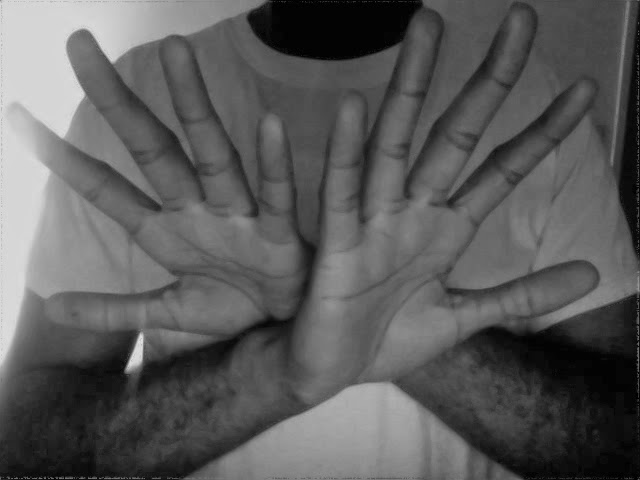It's always interesting to listen to music that takes on a meaning apart from your life experience because it was brought into you life by someone you have no attachment to, other than an appreciation of music as an art form or entertainment experience. Imogen Heap is an artist that I only vaguely knew of by name, with no understanding of her work prior to following up on word of mouth, well actually word of Keyboard. It was a pleasant surprise when I heard her work as a solo artist, and as a member of Frou Frou. It made a few things fit together that had otherwise puzzled me up to that point, particularly what electronic alternative pop that wasn't melancholy should sound like. It was a sub-genre that I'd been mining for 3 or 4 years prior to the release of Details (2002), Frou Frou's sole release.
Somewhere between Scarlet's Walk & Medulla I noticed a definitive move away from Trip Hop influenced production in the Songwriters I followed, little did I know a crop of younger artists were fostering their careers mining that sound, because it's what they came of age to, vs. established artists who embraced it as a matter of staying relevant, like Madonna for example. The thing was, at that point in my life, I was discovering an entire world of indie rock bands who were influenced by what I would have called Emo or Math Rock 5 years prior. I was immersed in that music for the better part of the Y2Ks, completely satisfied with its breadth and expanse, satisfying my listening desires. To me, it was what Alternative was between 93-95' when grunge receded from being the only sound relevant to the press and public, and bands opened up to psychedelic influences, and electronic elements began to evolve past techno flourishes to become sounds unto themselves. To me, that was the prime of all those artists' output, and though great works followed, it was then that the template for my musical taste was solidified.
Those were years 17-19 in my life, so I was no doubt highly impressionable, and it would be a lie to not concede that the seeds planted in those years took me several years to fully mine, as my peer groups and resources changed, giving me the freedom to discover things as I shed ideas of who I was, or what was "for" me. This is something that has continued, and when I was introduced to Imogen Heap, that was such a time. I'd pulled myself off of Internet communication outside of email with real world friends for the better part of 10 years for justifiable reasons up until 2008, when I began to explore that mode of social interaction again. My real world social relationships didn't have the salience to satisfy my emotional needs at the time, largely because I'd exhausted my relational clout with the drama I'd been a part of.
After Blurting my way through a nasty break-up I found myself with time and started making note of what was new in this evolved world wide web. I found many people struggling with transitions at varying stages of their life, and others comfortable in the flux of things. The music they sound tracked their lives with was reminiscent with the music of a decade past that I wished was still being made. The thing about wishes is, chances are they have been fulfilled, we simply don't know where to look for their fulfillment. The key is to listen, and understand that our presumptions about what is, and isn't, are limited to our field of vision. Sometimes you have to accept that you maybe blind to an external reality that will bring you joy and peace, if only you stop searching, and allow yourself to be led, and accept what you find on its own terms.
I've been saying "Change is the only constant" for possibly half my life, but that statement offers no solace or perspective. We see what we want, and feel accordingly, so the key is not recognizing change for what it is, it's seeing the potential couched within it. That is the key to having hope in otherwise despairing times. I have always taken exception to the idea that we need the contrast of pain to appreciate pleasure, sorrow to appreciate joy, but I accept that logic. I would much rather work on a scale of minimal joy to maximum joy, with the contrast being between two positives, instead of a positive and a negative, but the reality is more complex than my whims. But as I said, a large part of the challenge is in our own perception of what is and what could be. Sometimes we have to lose our grip, have our frame of reference broken, before we can see things differently. Ultimately that might be just what the doctor ordered.

No comments:
Post a Comment